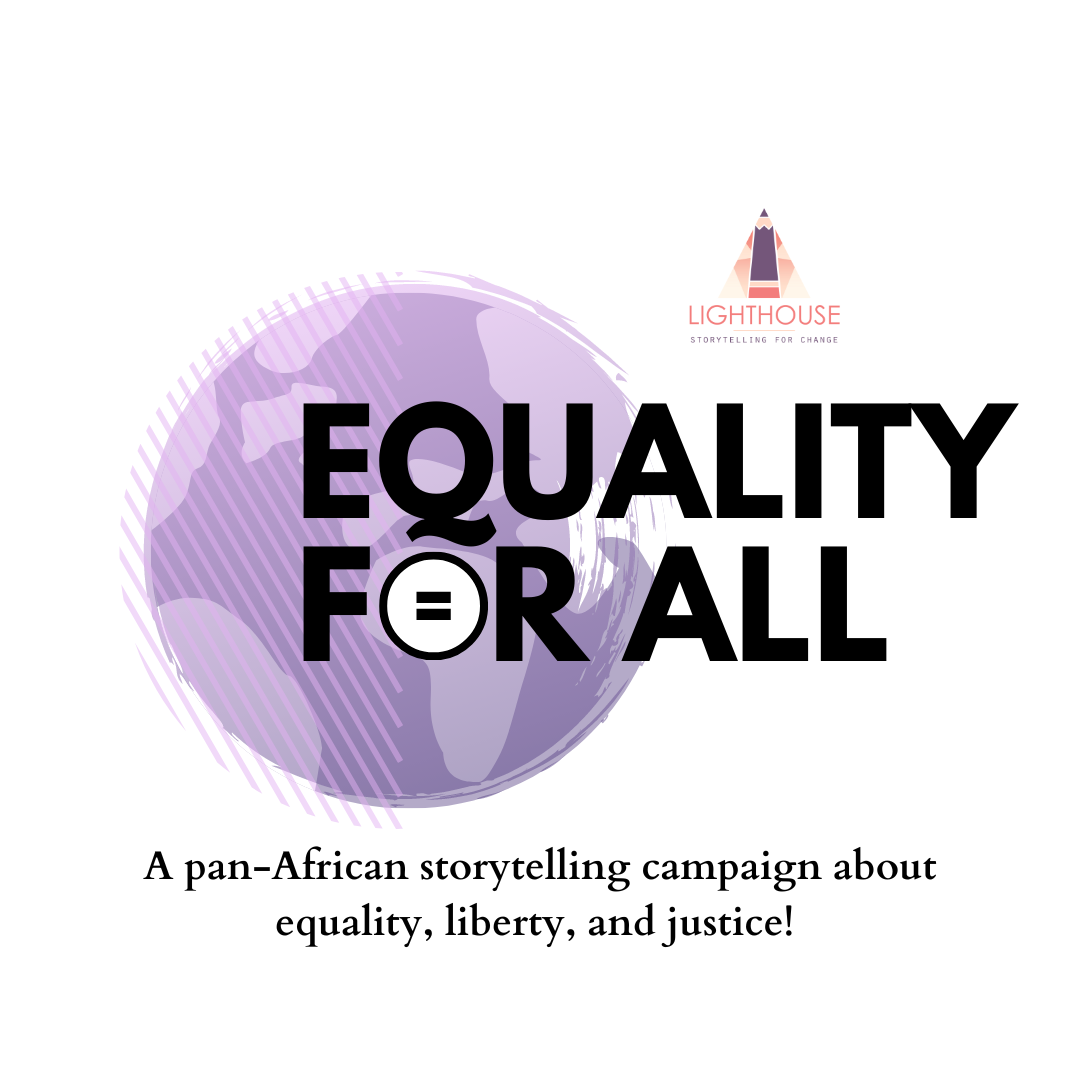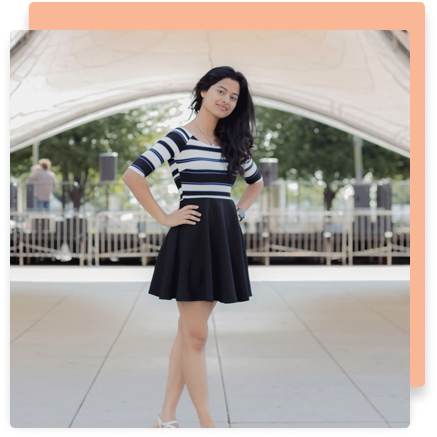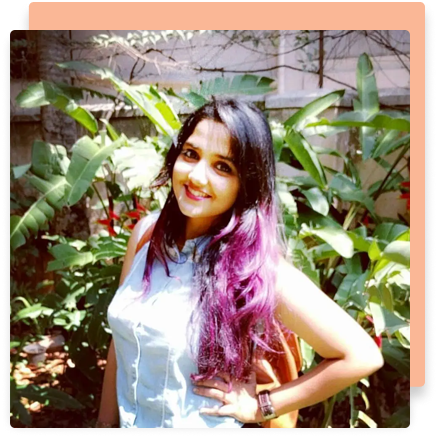Equality for All

Listen. Across markets, back alleys, community halls and living rooms from Nairobi to Lagos, people are telling themselves who they are. Equality for All was our invitation to listen more carefully. It began as a question: what happens when the people most affected by unfair laws, slow courts, unequal economies and quiet everyday exclusions are given space to tell their stories in their own language and in their own voices? The campaign grew into a living archive of testimony, witness and imagination. It is a map of justice made of sound, text, film and the rhythms of ordinary life. The work we published was never meant to lecture. It was meant to reframe. It was meant to turn data into faces, policy into pulse, and statistics into songs.
Stories do the work that reports cannot. They translate law into lives, policy into possibility. If justice is to be more than a word, we must let the people most intimate with its absence define what it looks like.
Africa is home to roughly one and a half billion people, a fact that makes the stakes of justice and equality continental in scale (Our World in Data). Seventy percent of Sub-Saharan Africa’s population is under the age of thirty, representing a powerful demographic force. Young voices are not only the future; they are the majority present (United Nations). Internet access across the continent is expanding rapidly but unevenly. While large national markets now count tens of millions of users, many rural areas remain chronically offline. Nonetheless, the use of social platforms and audio streaming continues to rise each year (DataReportal – Global Digital Insights). Most of the world’s extreme poverty is concentrated in Sub-Saharan Africa, and this economic pressure shapes how people experience justice, mobility, and voice (World Bank). Public perception also plays a critical role. Recent Afrobarometer data shows that a majority of respondents believe people are often or always treated unequally under the law, and many perceive discrimination based on economic status. These perceptions shape civic trust and the appetite for change.
Today, the impact of ‘Equality for All’ continues to grow, with stories being shared in classrooms, youth forums, and community spaces, sparking deeper conversations and inspiring collective action.
Stories of Change: Journeys Toward Justice and Equality
People you meet
Gal Markovitz People you meet I used to travel a lot across the world. It was mine as I traveled alone. The only problem was that I am from Israel. I don’t think it's really an issue for everyone, but you hear enough scary stories, and you know your status....
The Decision
Linda Uchegbu Nigeria The Decision “I needed to grow. The thought made me scared because I knew everything would have to change.” Alphonsus had never shared his story before. The worried look on his granddaughter’s face prompted the flow of a story long...
Lost in translation
Elizabeth Oluwayemisi Idudhe Lagos, Nigeria Lost in translation I had just resumed at my new office. Henk, the Head of Department was Dutch and a Bachelor, while the Travels Coordinator Sasha, a woman, was Russian. A few days later, another Russian woman, Olga,...
From Darkness to Light
Preetima Das Assam, India From Darkness to Light I opened my eyes, catching my head due to pain while sitting up from the ground and told myself: "How dark the sky is!" Then I stood up, and while walking through the street, suddenly I bumped into someone. A man...
The Middle East God
Tosin Morakinyo Lagos, Nigeria The Middle East God As soon as I completed my University Education, my father's expectation was for me to return home with a fiancée. Prior to my final papers, my father kept ringing it in my ears to bring home my wife to be....
Black Crime.
Jeffrey De-Graft Hanson Ghana Black Crime. My name is Jeffrey. My only crime? I'm black. Black in a white country. I won't name it here, but you can guess. Put any racist country you want there. Come to think of it, every country has racism and ethnocentrism in...











